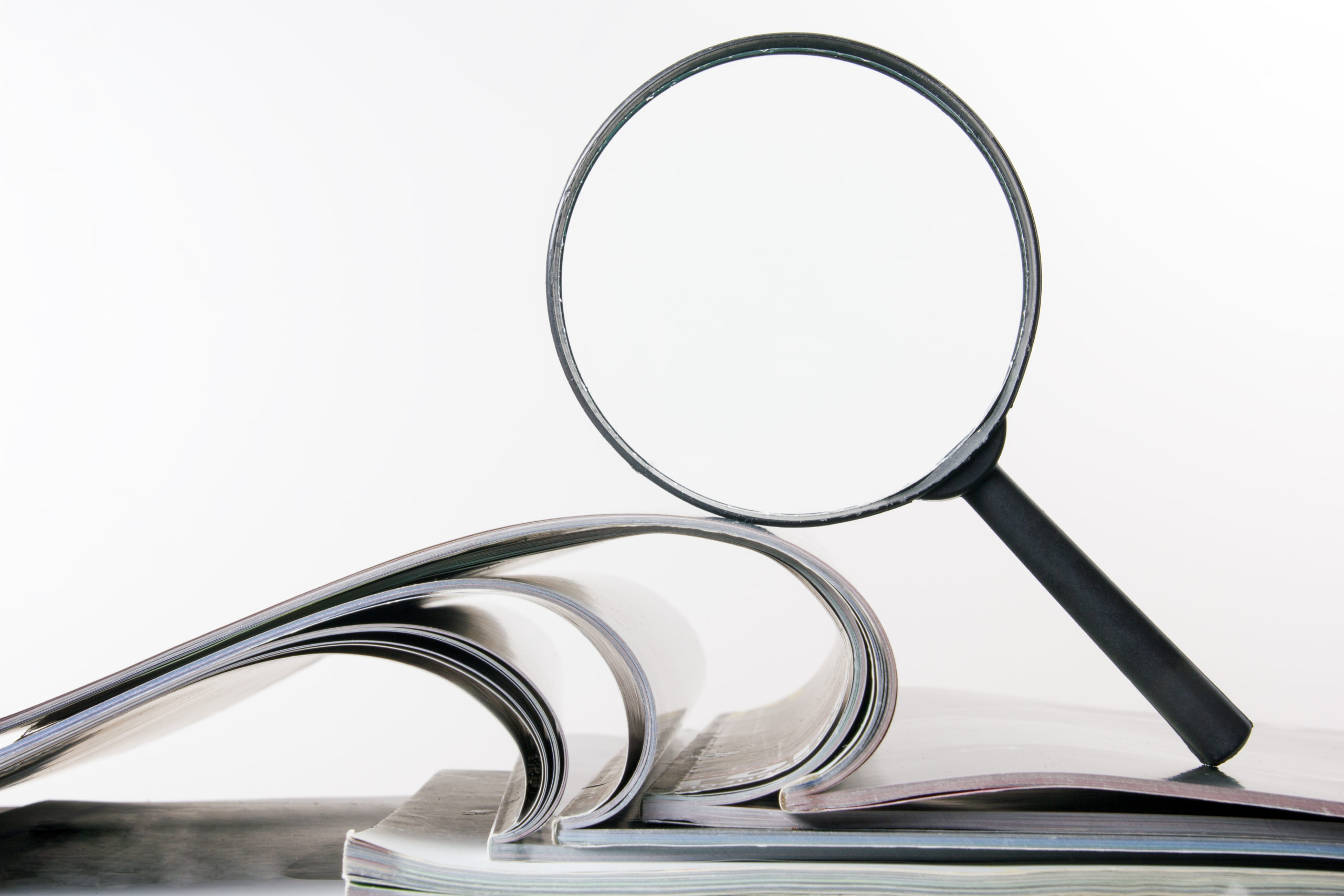
Did Your COVID Funding Trigger a Single Audit?
Accepting government grants or funding can make carrying out your organization’s goals or mission a reality. If your organization was awarded any government funding, including COVID-related relief money (included at the end of this post), it is important to know when this type of funding triggers the need for a Single Audit to make sure your organization stays compliant with federal programs.
What is a Single Audit?
A Single Audit is when a professional auditor reviews how an organization used the federal grant funds it was awarded. Federal grants come with specific rules for how the dollars must be used. A Single Audit reviews the financial statements and processes of an organization to make sure those rules were followed correctly and the organization is compliant.
Single Audits cover all Federal grants an organization accepted and are intended to prove to the Federal Government that the non-federal organization receiving Federal funds has the appropriate internal controls and processes in place to stay compliant with funding requirements. They also help eliminate duplication in audit and financial reporting
Who Needs a Single Audit?
You are required to perform a Single Audit if your organization expended $750,000 or more in any Federal funds in a year.
Failure to meet the Single Audit requirements can result in your organization having to repay any and all awards grant funds and losing the ability to access future Federal funding.
Selecting an Auditor for a Single Audit?
The first step in starting a Single Audit is selecting an auditor. It’s important to hire an auditor who works in accordance with the GAGAS and completes at least 24 hours of continuing education that directly relates to government auditing, the government environment, or the specific environment in which your organization operates. The auditor cannot be the same professional who prepares the indirect cost proposal or the cost allocation plan for your organization.
Corrigan Krause has a team focused on both Yellow Book (will link to blog when posted) and Single Audits. These specially-trained auditors completed the necessary education and continue to add to their years of experience across many different industries. Email info@corrigankrause.com for more information, or to become a client.
How Do I Know If I am Compliant?
The requirements for Federal funding vary by program, so it’s important to reference your grant agreement or award letter. There are often special terms, conditions and requirements, along with specific reporting deadlines and allowable expenses your organization needs to adhere to. If you’re unclear about anything, contact your granting agency. It is your responsibility to be compliant.
Single Audit compliance requirements are broken into 12 groups:
- Activities allowed or unallowed
- Allowable costs
- Cash management
- Eligibility
- Equipment and real property management
- Matching, level of effort, ear-marking
- Period of performance
- Procurement, suspension, and debarment
- Program income
- Reporting, subrecipient monitoring
- Special tests and provision
Additional information and detail relating to the Single Audit compliance requirements can be found within the Compliance Supplement. The Compliance Supplement will also provide information on which compliance requirements are in scope for various Federal grants. Make sure you understand what is required of your organization as it relates to those 12 categories, specifically.
Are Coronavirus Funds Subject to a Single Audit?
There are four different acts that awarded Federal funding related to the Coronavirus pandemic:
- Coronavirus Aid, Relief and Economic Security Act (CARES)
- Coronavirus Preparedness and Response Supplemental Appropriations Act
- Families First Coronavirus Response Act
- Paycheck Protection Program (PPP) and Health Care Enhancement Act
PPP loans are not subject to a Single Audit. If the only government funding you received came from the PPP1 and/or PPP2, you are likely not required to perform a Single Audit.
If you received and expended a combined $750,000 in government funds from any of the following programs within a year, you are required to perform a Single Audit:
- Provider Relief Fund (PRF)
- COVID-19 Uninsured Program
- Coronavirus Relief Fund (CRF)
- Education Stabilization Fund (ESF)
- Coronavirus Emergency Supplemental Funding Program (CESF)
- COVID-19 Telehealth Program
- Economic Injury Disaster Loans (EIDL)
- CARES Act Project SERV
What Do I Do with My Single Audit?
You have 30 days after you receive your completed Single Audit (or nine months after the end of the audit period) to send your Single Audit and a completed Form SF-SAC to the Federal Audit Clearinghouse (FAC).

